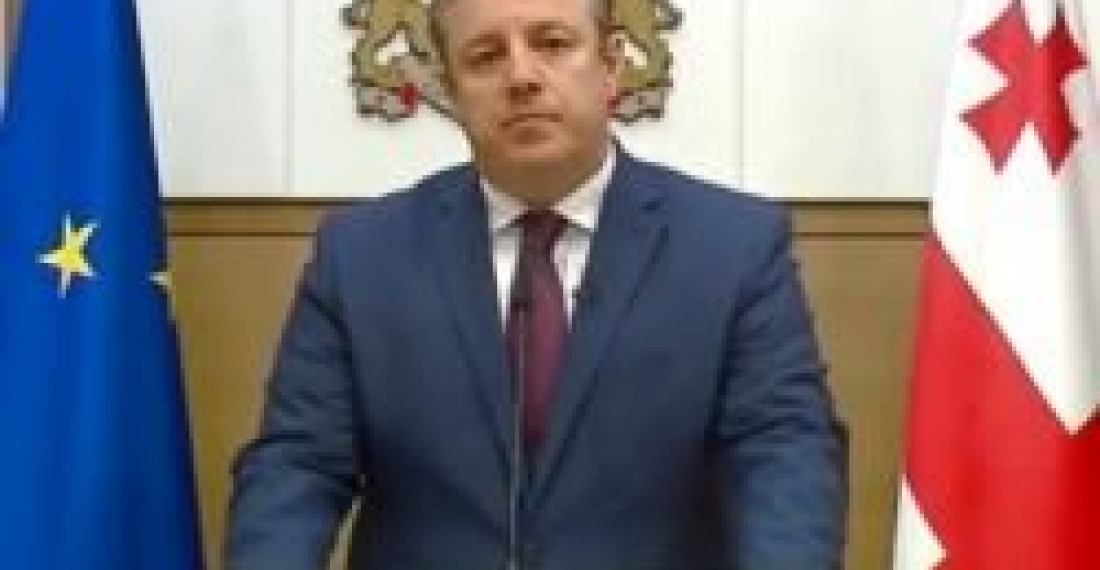In the face of a diplomatic impasse that threatens to further poison relations between Georgia and Russia Georgian Prime Minister, Giorgi Kvirikashvili has issued a candid statement in which he vents his frustration at recent events and calls for "a genuinely constructive approach from the Russian side". The statement follows signs of further procrastination by the de facto authorities in South Ossetia to calls for the return of the body of a Georgian killed whilst being detained in the territory in February. The Georgian Prime Minister says in his statement:
"This coming August marks the 10th anniversary since the war of 2008. This dramatic event has made a tremendous mark on the Georgian people's minds and Georgia-Russia relations.
Diplomatic ties have been severed. Moscow's recognition of independence of Abkhazia and the Tskhinvali Region has brought to a dead end all prospects of normal relations between our states.
Today, we are facing a choice: meet this anniversary with mutual accusations and harsh statements, for which there certainly has been no lack throughout these years, or take sensible steps, even small, to lead our relations out of this vicious circle.
We have stated before, and we reiterate our interest in reaching tangible progress in the Geneva International Discussions, and I have reaffirmed my commitment to personal involvement to this end. We are also ready for a direct dialogue with the Abkhazians and the Ossetians, and a genuinely constructive approach from the Russian side would be welcome in this context. With political will in place, we believe it feasible to take other sensible steps as well.
Unfortunately, we are facing a difficult reality today. Although we have restored bilateral trade and economic relations, a chain of tragic events continues. This undermines the prospects of regulating Georgia-Russia relations. The latest tragic example is the death of our citizen, Archil Tatunashvili, in unclear circumstances in Tskhinvali, whose body has yet to be handed to his family, despite much effort from the Government of Georgia, the Catholicos-Patriarch, and the international community.
I urge the leadership of the Russian Federation to take joint steps and resolve this complicated situation, while fully embracing our responsibility to the present and future generations."
source: commonspace.eu
photo: Georgian Prime Minister Giorgi Kvirikashvili (archive picture)






